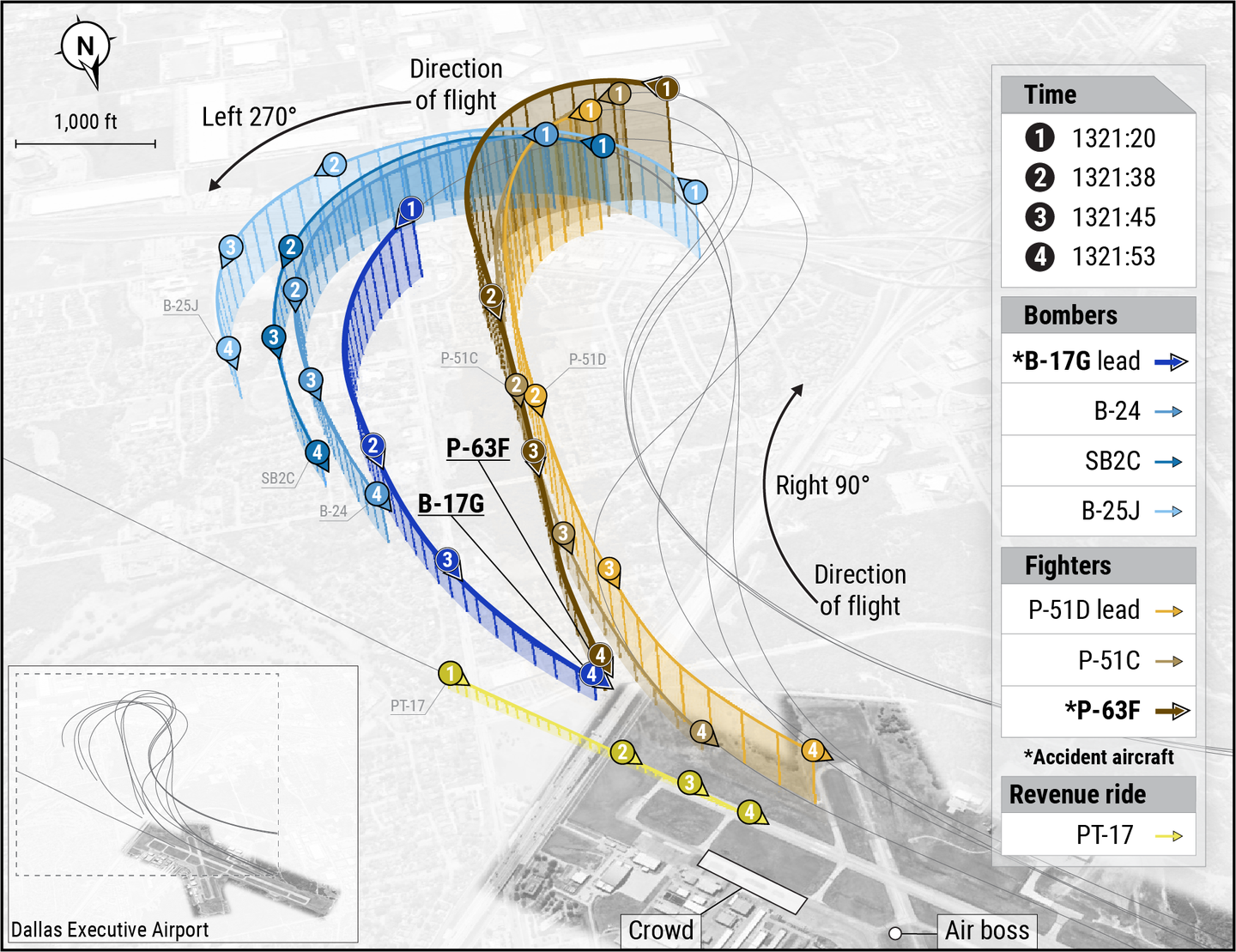Are the Millennials GA’s Salvation?
At the moment, they seem to be the only riders on the horizon so we better hope so.
Have you ever noticed how a word you havent heard for awhile all at once starts buzzing into your ears like that mosquito that snuck through the screen door? At Redbirds third annual Migration training conference this week, the word was Millennial. We all know it as the term used to describe the generation born roughly around 1980 and now the oldest are reaching their high-achieving 30s. Its quite natural to look at this generation as the salvation of general aviation because nothing quite focuses the mind like having no choice. Millennials, youre it. Step into the batters box.
Futurist and educator Don Marinelli did an admirably humorous job of explaining to the largely flight training-oriented crowd what it is they need to understand to sell aviation to these younger prospects. Heavy on theoretical underpinnings, when Marinelli said technology is a procedural medium that facilitates participation when what he really meant is gadgets, like shiny objects, draw people in, I got just a flicker of a psycho-speak warning light. But I take the point. Millennials are drawn into personal agency by technology to a greater degree than was the previous generation. But only by degree, in my opinion. Who the hell do you think is buying all those tablets and aviation apps?
Among many others, Marinelli ascribed to the Millennials several attributes that I found potentially at odds with becoming pilots. One, Millennials dont read. Two, theyre very green (as in eco conscious) and, three, theyre financially savvy, both globally and personally. The reading part relates to aspirational reading. Its not that theyre functionally illiterate, but that Millennials tilt toward information uptake not centered on the printed word, whether on paper or in pixels. They dont buy magazines. Theyre not big readers of books. They engage across a range of information sources, which they integrate into a whole. They are therefore thought to be ripe for the innovative, tech-based and sim-centric pilot training that Redbird is developing. I think this is right. But I also think all of us will like the tech-based and sim-centric pilot training that Redbird is developing.
The green part is a problem. Millennials own fewer cars than Boomers do, use them less and drive very economical cars when they do. So lets not get our pants snagged trying to argue that a personal airplane is green, unless its painted that color. Even Redbirds super economical Redhawk is averaging 25 mpg. Some SUVs do better. Green starts north of 40 mpg. Or on a city bus.
The financial savvy can cut both ways. Those of us woozy with the passion of flight are willing to partake of it no matter what it costs and many of us devote a substantial portion of our income to do this. Our cost/value relationship is driven by our notion that flying is just the best thing we can ever be doing, otherwise how could we justify paying for a $1200 starter drive? Will Millennials, when introduced to a $150-an-hour airplane, feel the same? More important, as the 21st century unfolds to uncertain global economies, will they have jobs with sufficient income to support such a habit?
When I go to these conferences, theres often an unchallenged assumption that just because we love airplanes and flying, everyone else exposed to it will, too. But this has never been true and it may be even less true of Gen Y. On the other hand, it will definitely be true of some of them, just as it was with the World War II generation, the Boomers and Gen Xers. Thats why I think general aviation, at least in the U.S., will always exist. Its retrenching, yes, and will continue to do so. At the Migration dinner, Jack Pelton mentioned that just since 1992, the pilot population has declined by 100,000. The demographic forces that caused that are not permanent; theyll swing someday. Its just that no one knows when. Or how.
Some of the conference focused on re-imagining flight training and Redbird has this well in hand with an innovative new training idea that Jeff Van West explains in this video and the Redhawk diesel training aircraft weve already reported on. I like where the training proposal is going because one aspect of it rests on the supposition that you can really teach yourself most of what you need to know to earn a pilots certificate. You don't need a discrete ground school or a hovering instructor for everything or even much. If were honest with ourselves, well admit that. This new modular, interactive and reactive training drives right down the center of that lane.
I'm not too worried about training these new pilots. Although the economics are challenging, the training is figure-outable. And so might the marketing be. My question is what are these people going to do with their pilot certificates? Will they have the wherewithal to use airplanes for serious travel, or will they be dedicated sport flyers? Well, probably both, just as is true now. Marinelli noted that Millennials are highly attuned to experiential adventures-extreme sports-and flying may fit right in. If theyre financially savvy, maybe the concept of shared ownership will resonate more than it has with current generations of pilots. Or maybe electric airplanes will come of age-they have to eventually-and meet the Millennial generations design brief for ecologically sound sporting activities.
There are lots of maybes. As Ive said before, GA is shrinking, not dying because the urge to fly will always be there in some form. The industry will turn that corner eventually. Its just gonna be a little messy before that happens.
Join the conversation. Read others' comments and add your own.






